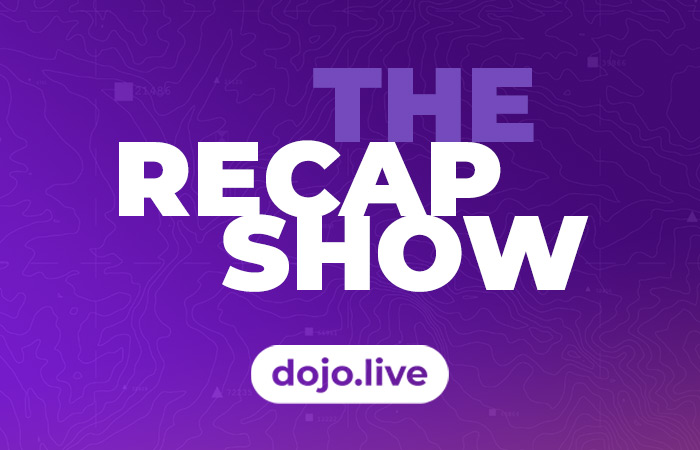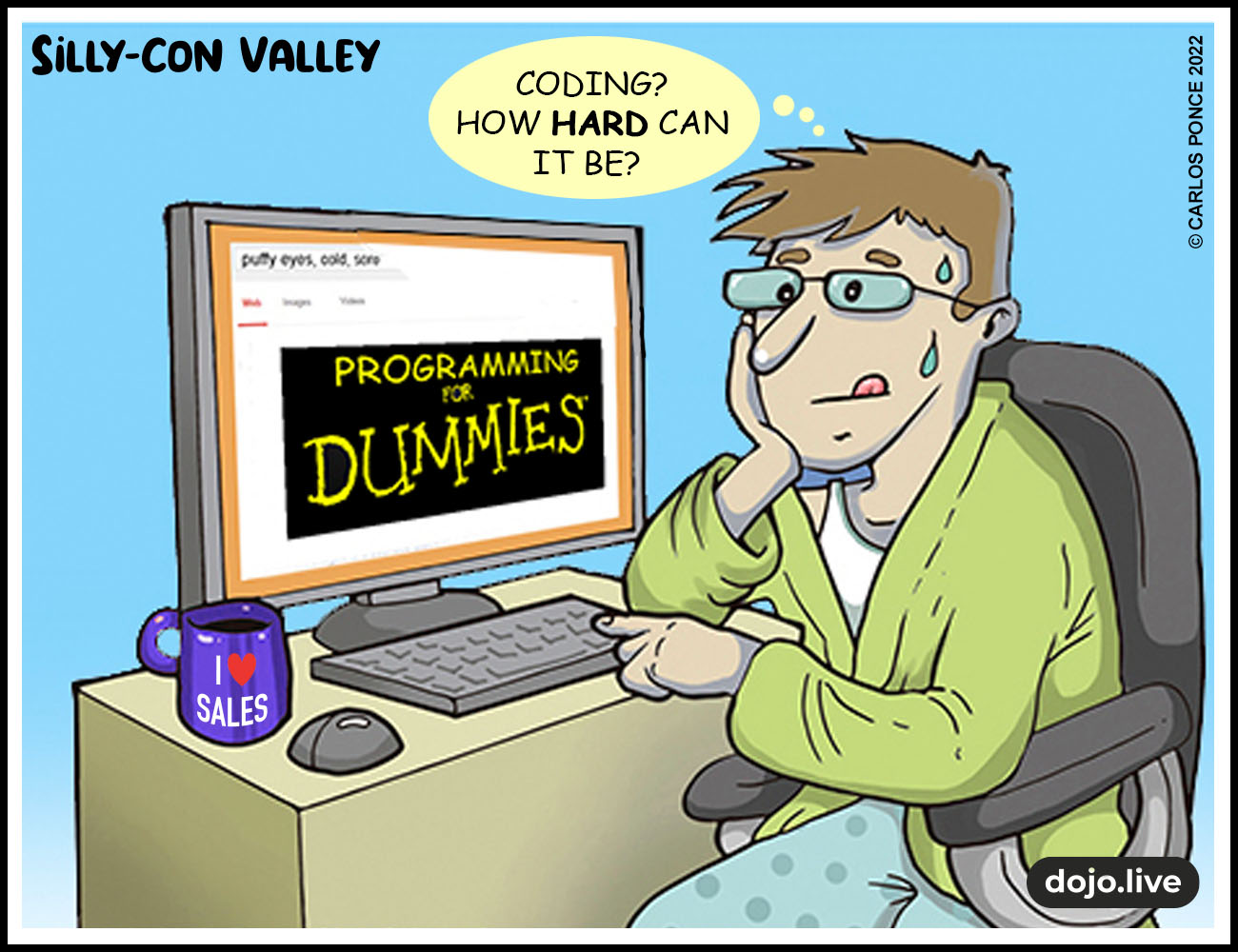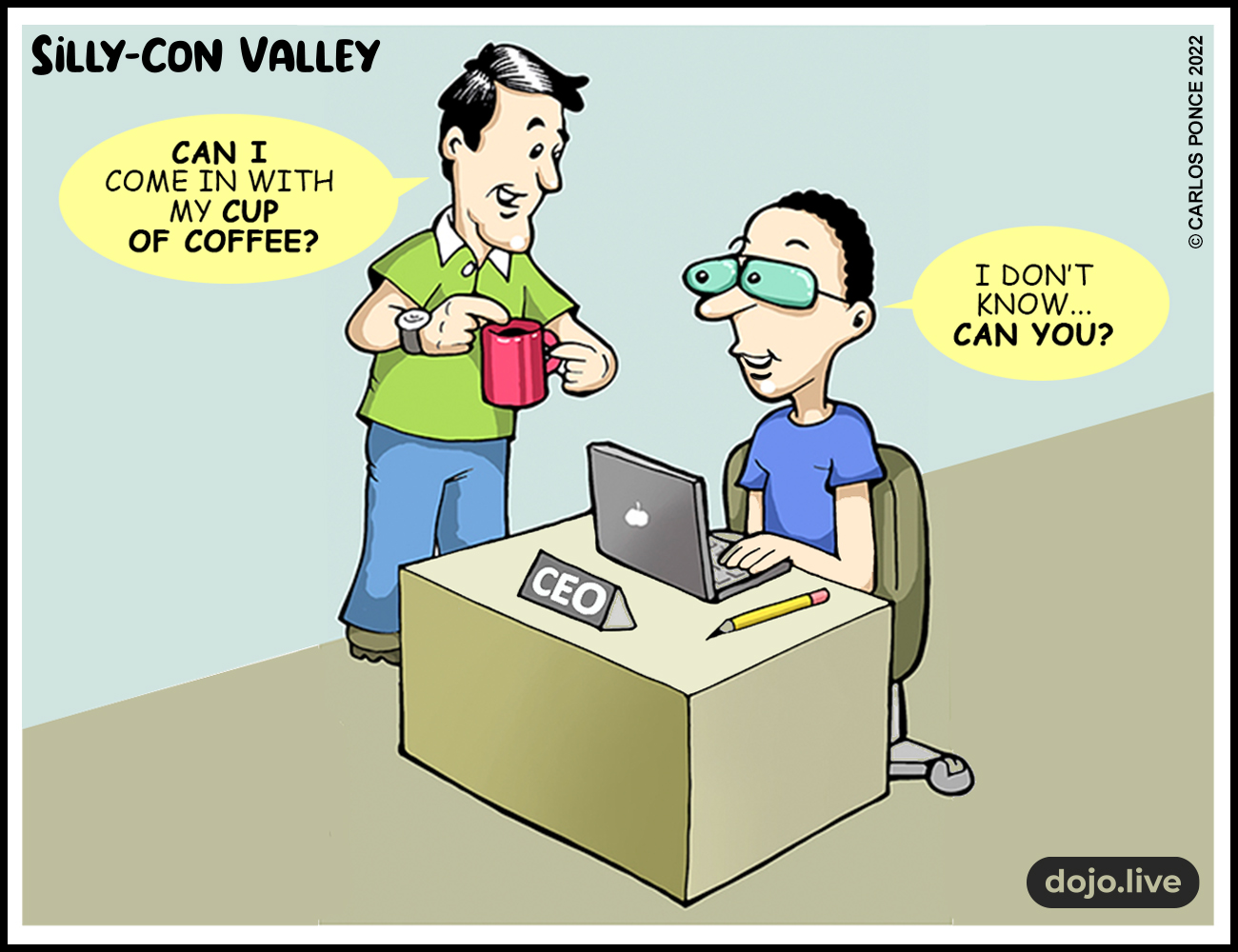John Estafanous is the founder and CEO of RallyBright, a team development platform that helps business leaders improve team performance and strengthen team dynamics.
As a repeat founder with extensive digital transformation, marketing, and operations experience, John leverages his executive leadership and technology background to build solutions that drive business impact and are easy to use. Prior to founding RallyBright, John served as the Global Managing Director of the Digital practice at a leading Omnicom agency where he led global digital strategy, operations, product, and growth initiatives and grew the team from 100-400+ members and annual revenues from $27M to $100M+. Before that, John was CTO & President of Technology Services for WhittmanHart Interactive, a top 10 US digital agency which acquired his SaaS marketing software company and agency.
He believes that resilient, high-performing teams can change the world.




